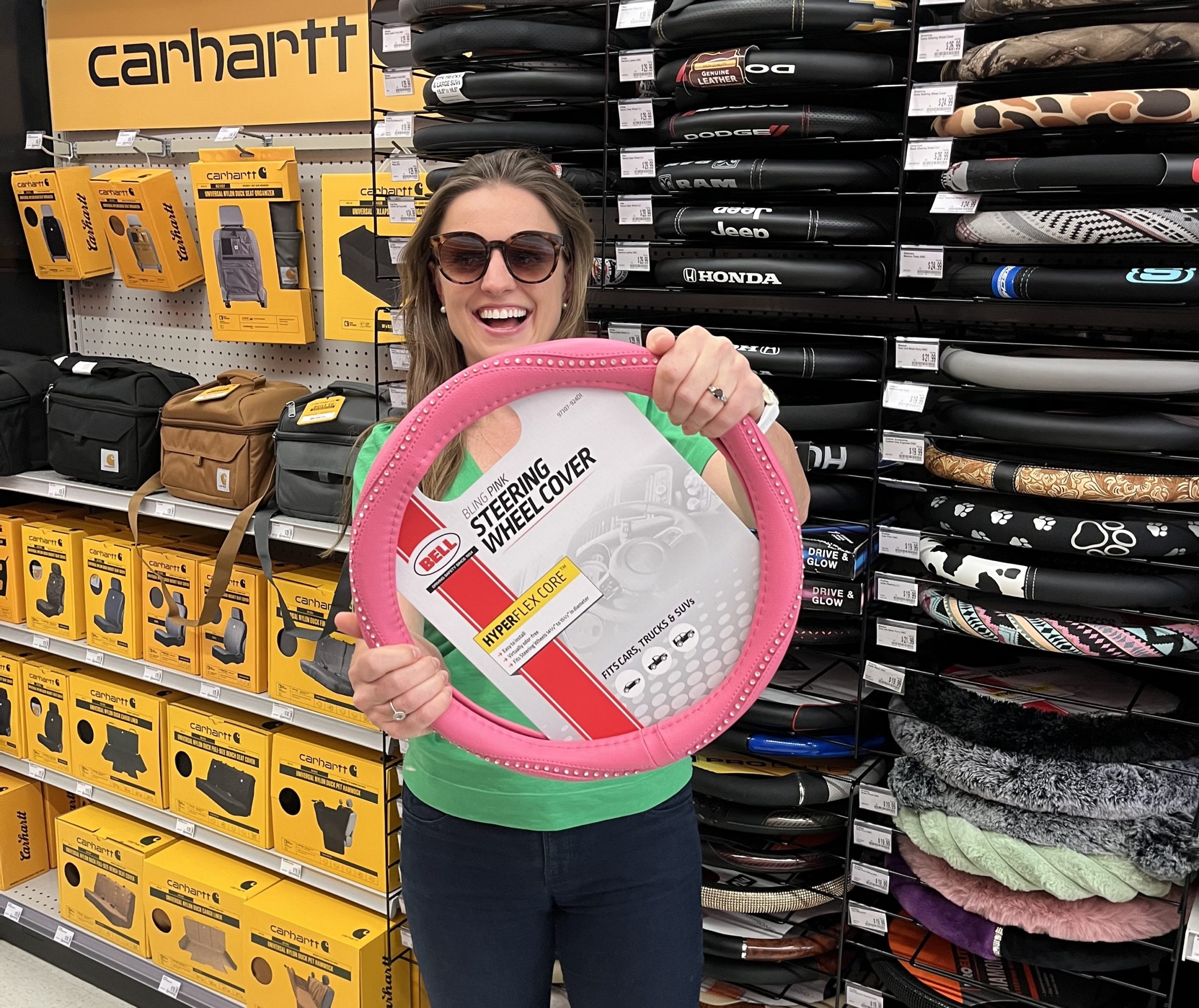“US consumers are still spending – they’re price aware, but definitely more resilient than the consumer companies expected,” says Abi Morrice, fresh back from trekking across Texas, Arkansas, Georgia, North Carolina and Tennessee to take the pulse of 10 US consumer companies.
We research companies in depth, not just from our desks and in analysts’ meetings, but by getting out and about to see what is happening on the ground. Before we decide whether to invest in a company, we like to meet management and employees face-to-face and see what companies are doing in the real world.
Beyond the numbers, this gives us insight into how an industry or a company is faring. It also lets us sense the mood on the ground and observe company culture in action. A good corporate culture can be a powerful thing, increasing sales and customer retention, while reducing employee turnover. From dropping in on one of our portfolio companies – Tractor Supply – to see how it’s remodelling its 2,300 stores, it’s clear that people who work there just love their jobs!
The US is home to many high-quality businesses that can deliver the kind of durable, inflation-beating growth that we look for. And tech is by no means the only game in town. With markets focused on AI, this is a good time for us to take a closer look at some great US consumer businesses.
Some US consumer companies, such as car parts retailers, are exceptionally robust, even during economic downturns. Keeping the car running is essential for most US households. At 12 years old[1], the average American car is no spring chicken and needs more regular TLC. A second highly resilient area when purse strings tighten is large budget retailers such as Costco, Walmart and Dollar General.
“US consumer companies are increasingly investing in automation,” says Abi. One of the first areas companies automate is their warehouses to improve productivity, get round labour shortages and reduce costs, but also to improve safety and free up employees for less manual work. That’s great news for portfolio holdings such as Keyence and AMETEK, global leaders in sensors and associated instrumentation. Automation takes many forms; Walmart for example, is rolling out hi-tech smart labelling produced by Avery Dennison (another portfolio holding) in some of its 10,700 stores.
Despite the amount of negative news this year about tariffs, US consumer companies are finding ways to live with them. “Bigger consumer companies have more scope to negotiate with their suppliers,” says Abi, “And the pandemic has made companies more flexible and nimble – a number have switched to sourcing from lower-tariff countries.”
[1] Average age of vehicles hits new record in 2024 | S&P Global
Disclaimers
- Past performance should not be seen as an indication of future performance.
- The value of investments and the income from them may fluctuate and are not Guaranteed.
- Investors may not get back the whole amount they have invested.
- Changes in rates of exchange between currencies may cause the value of investments to diminish or to increase.
This is not a financial promotion. This is provided for information only.
 Rob Scott
Rob Scott 